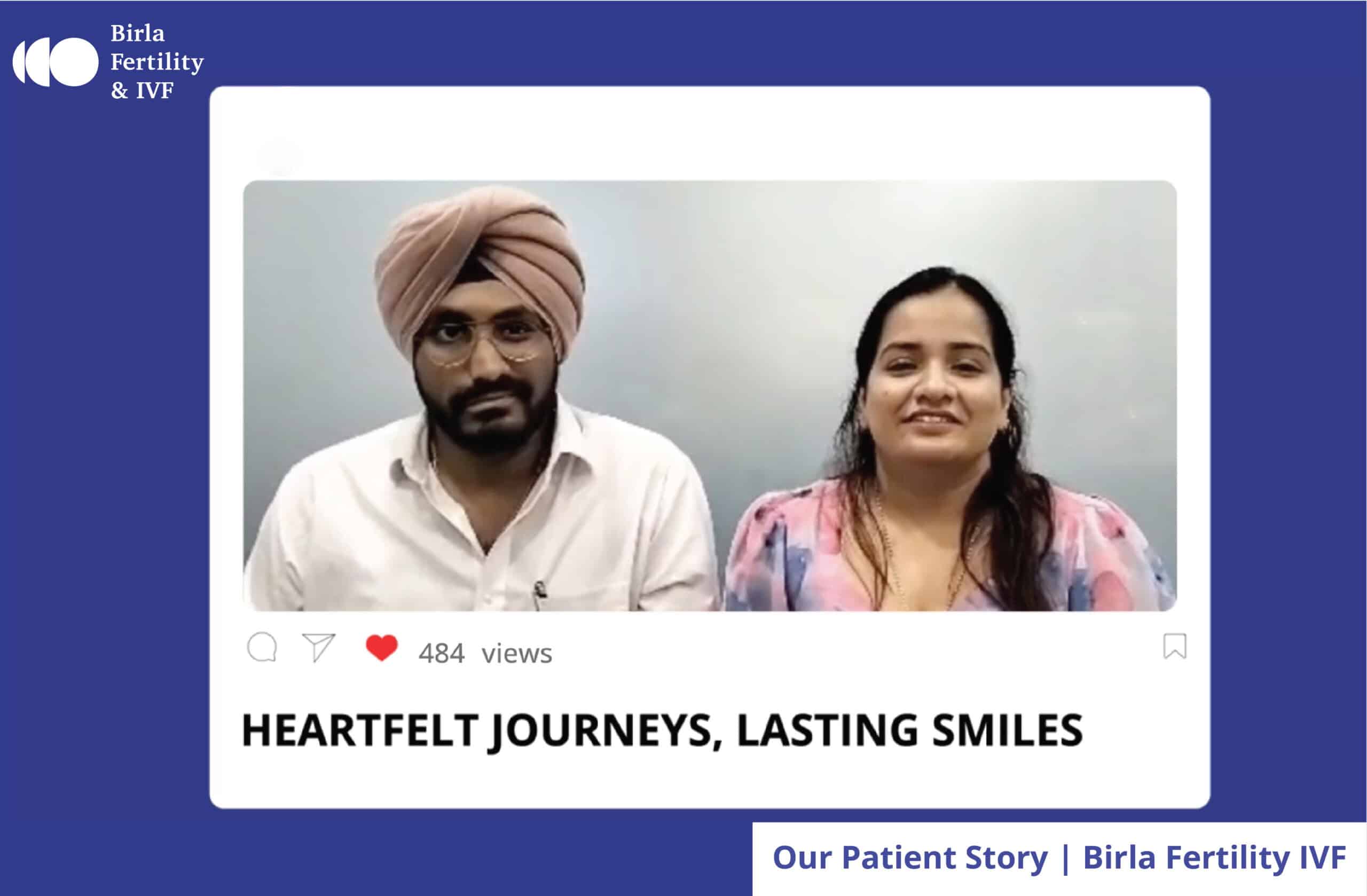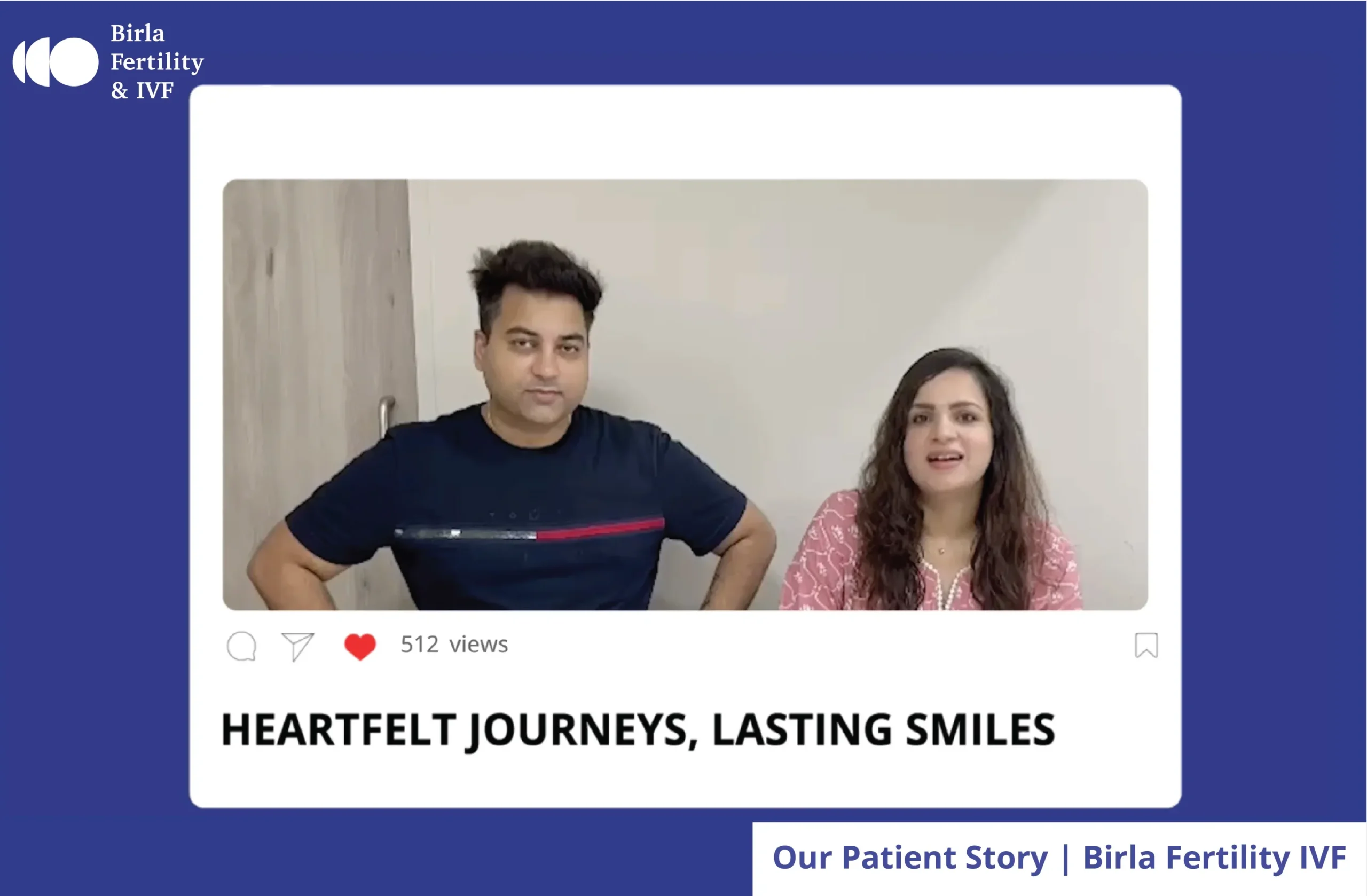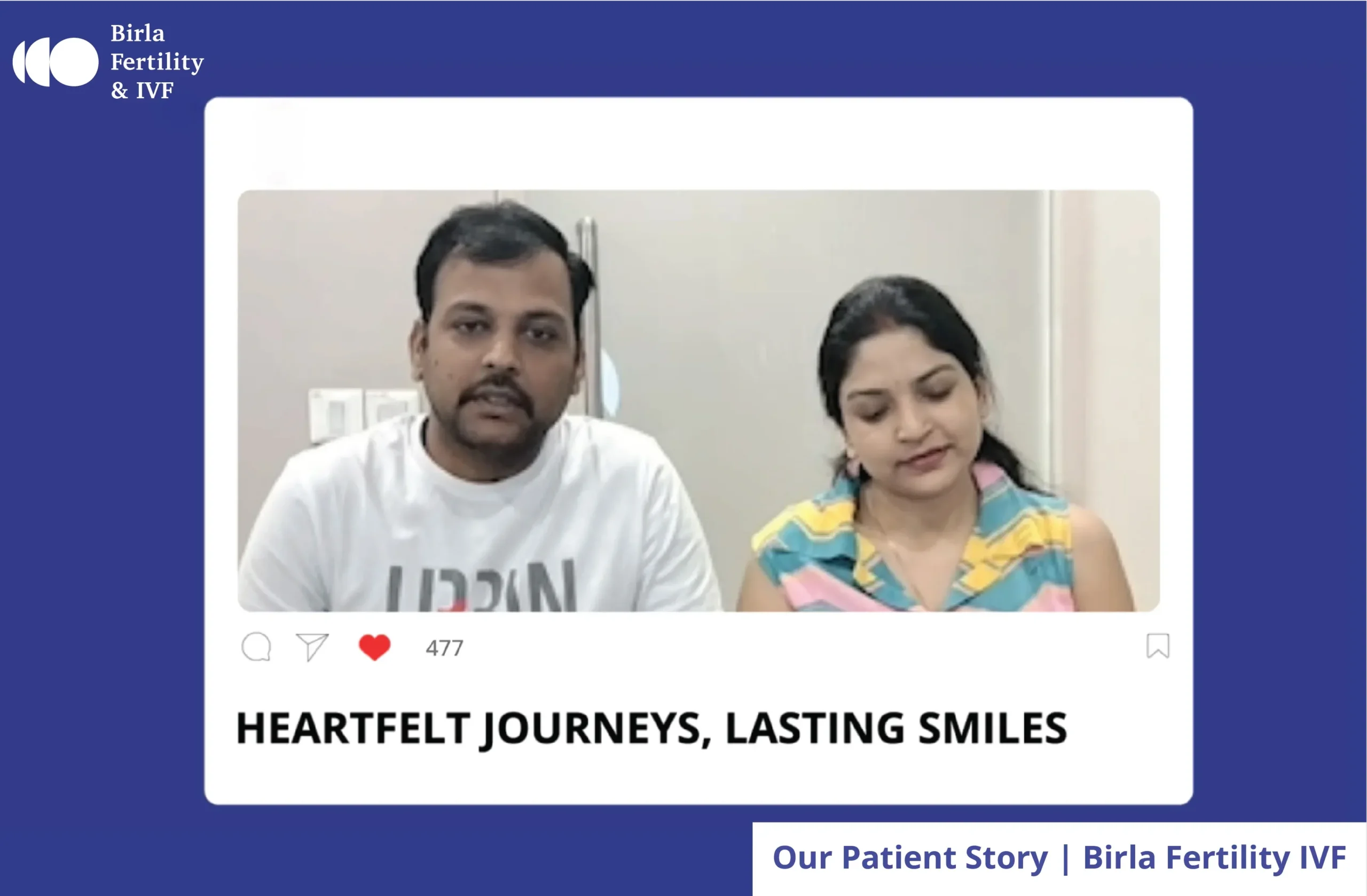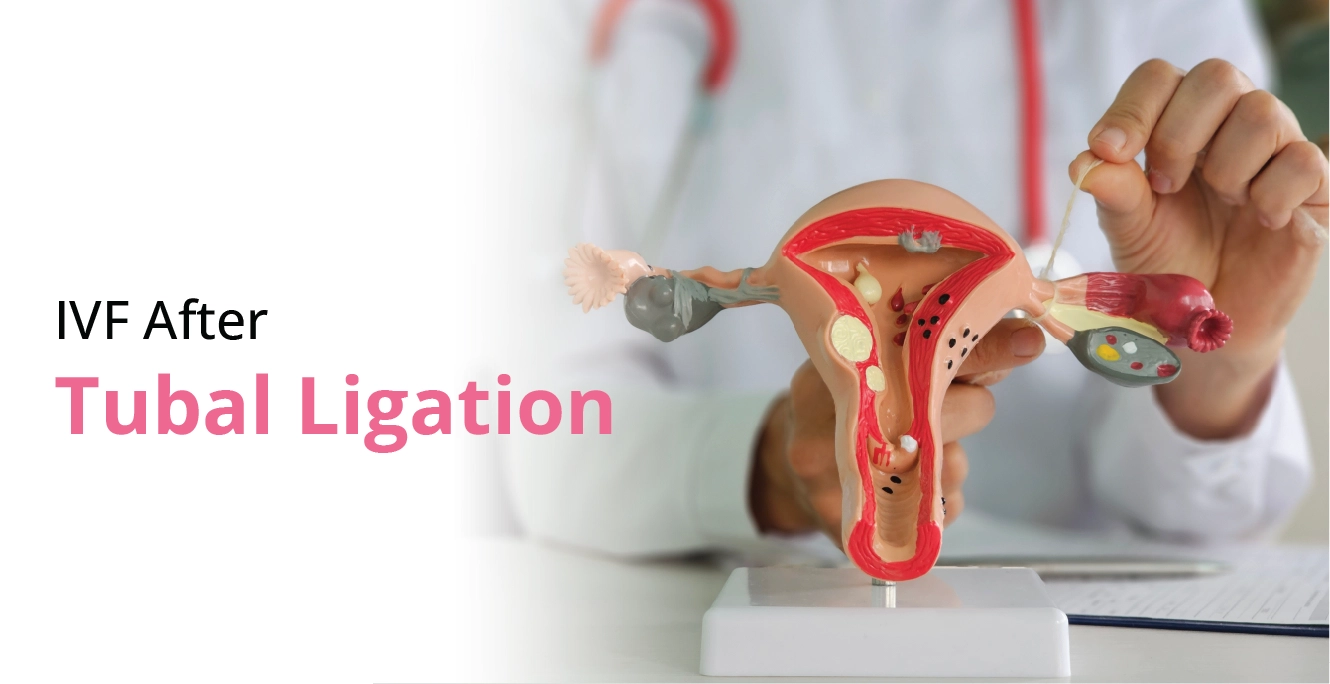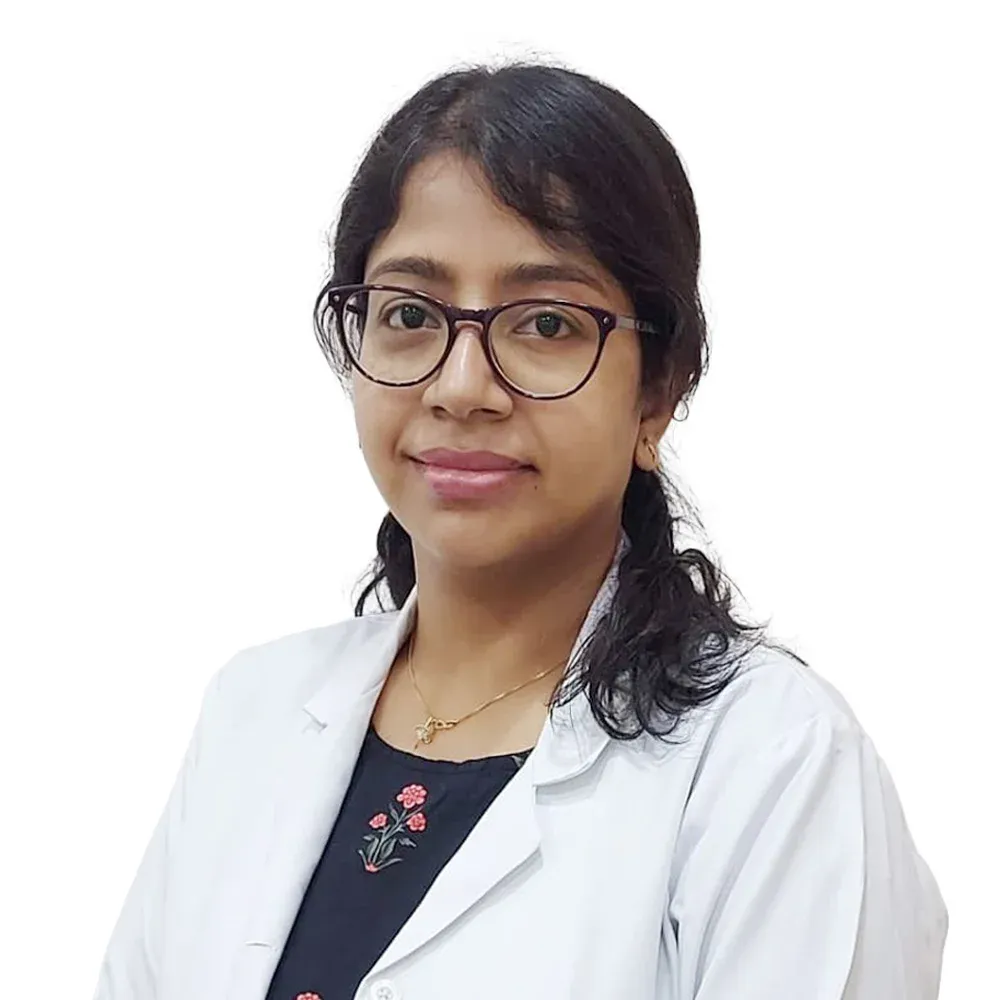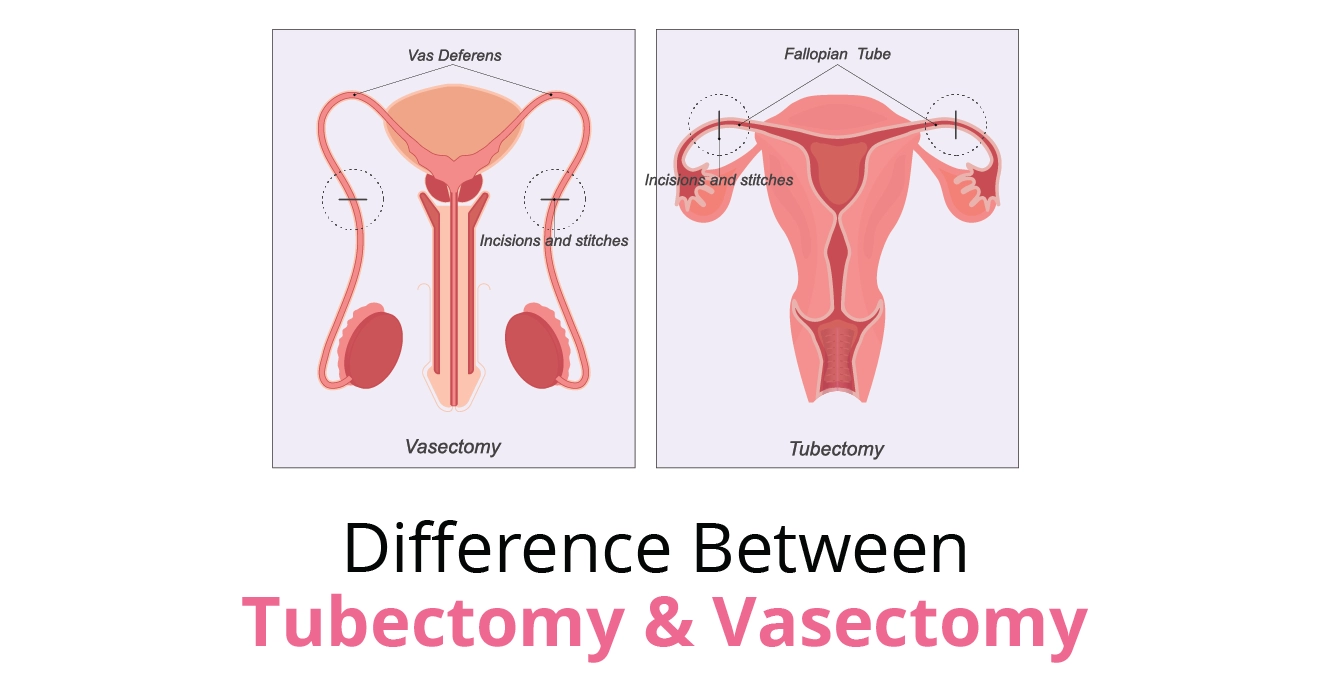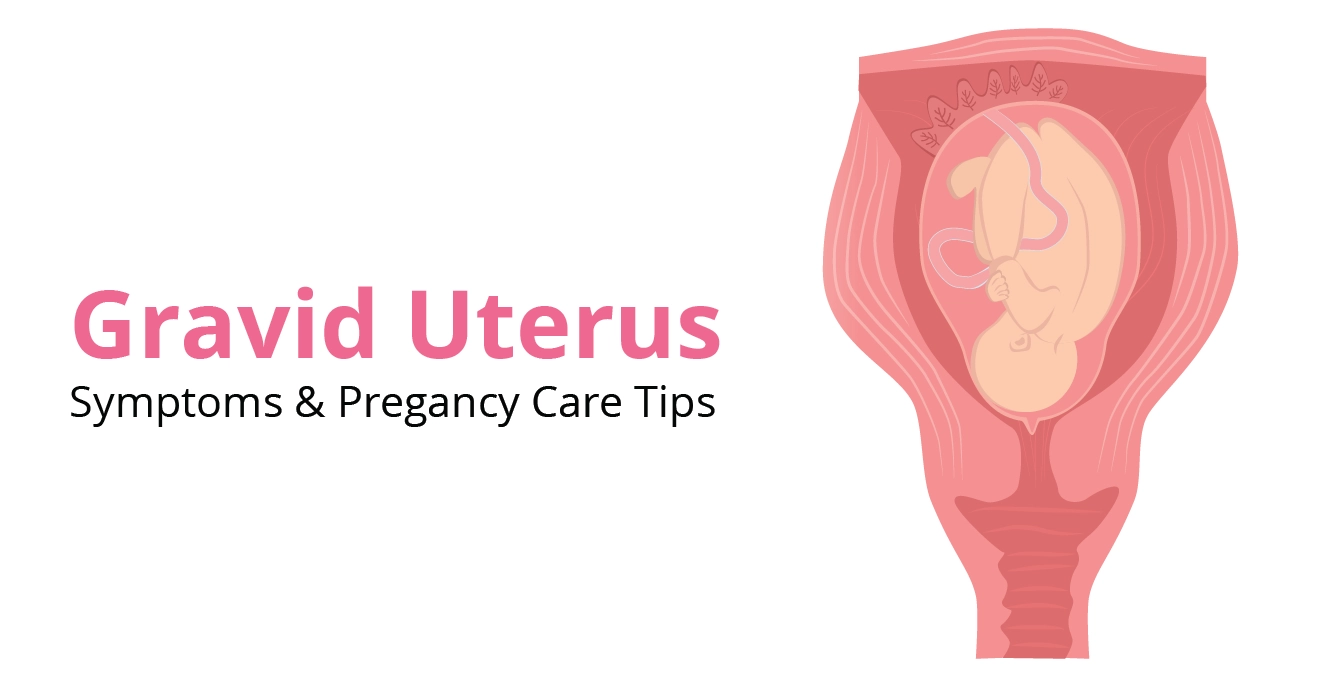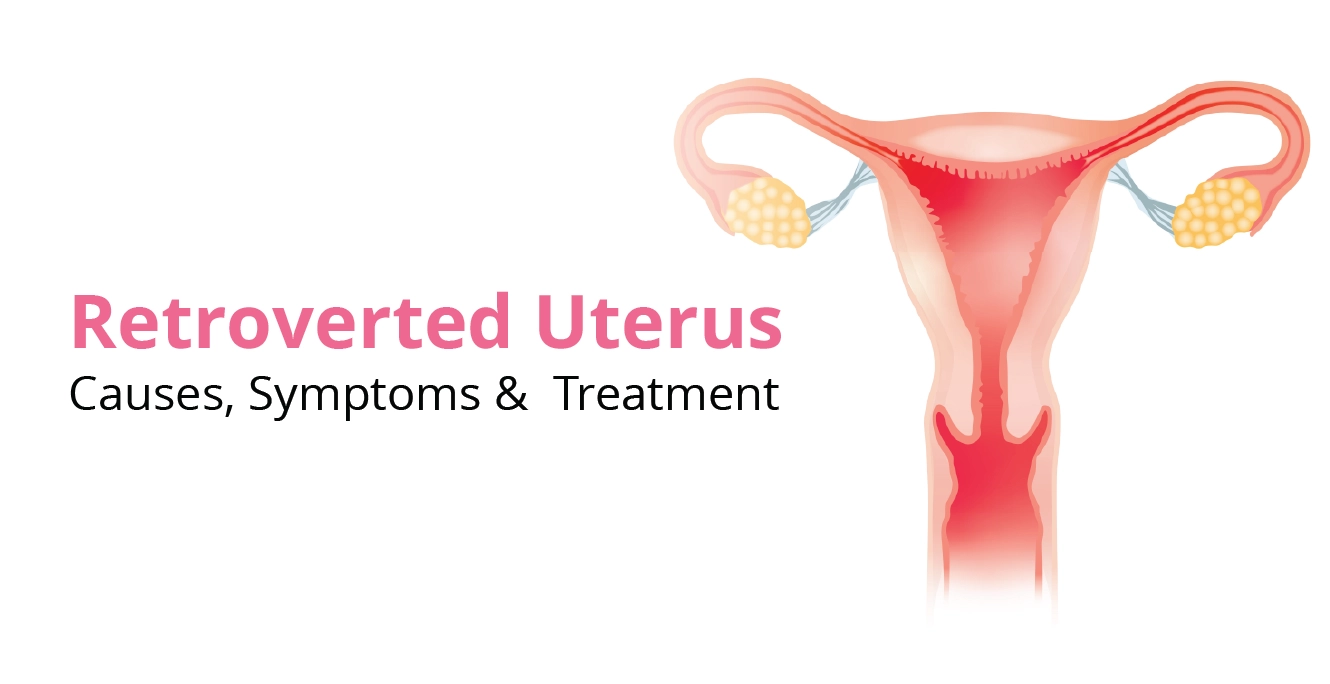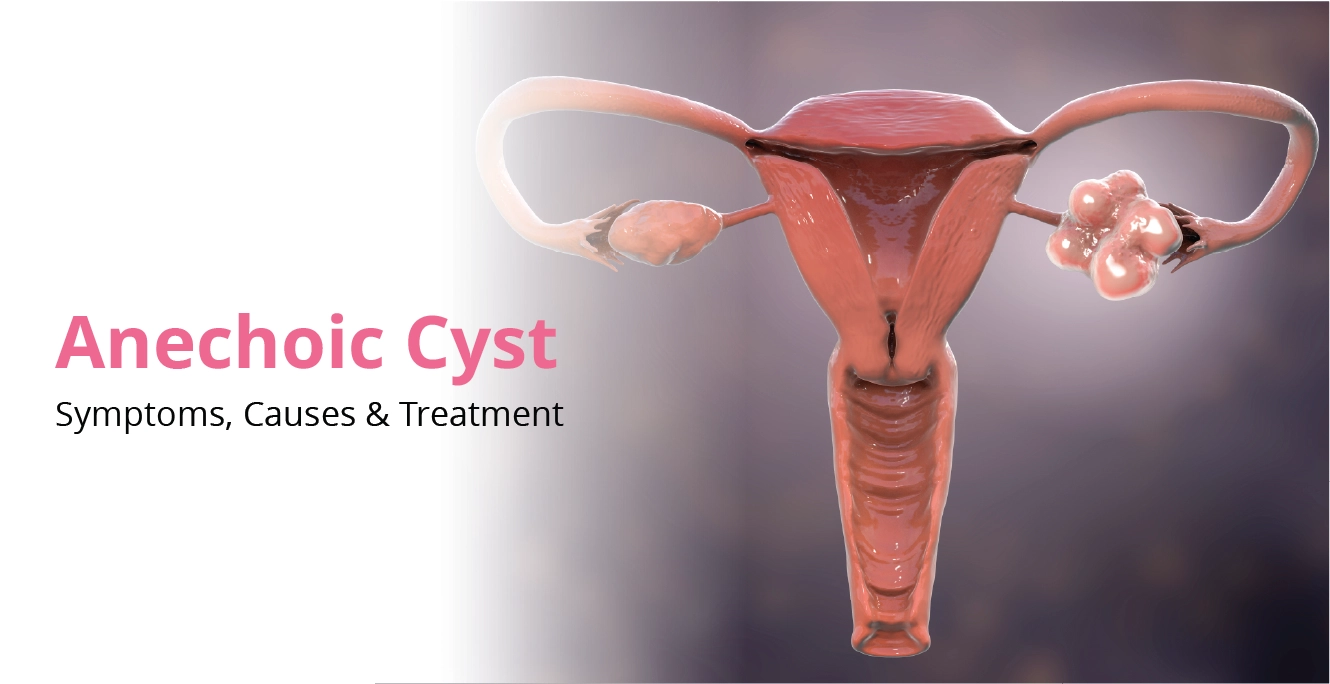Laparoscopy
Laparoscopy is pivotal in fertility treatments, offering a minimally invasive way to diagnose and manage reproductive issues like endometriosis or blocked tubes. It enhances conception chances, prioritising patient comfort, swift recovery, and minimal scarring, all while ensuring a quicker return to daily activities.
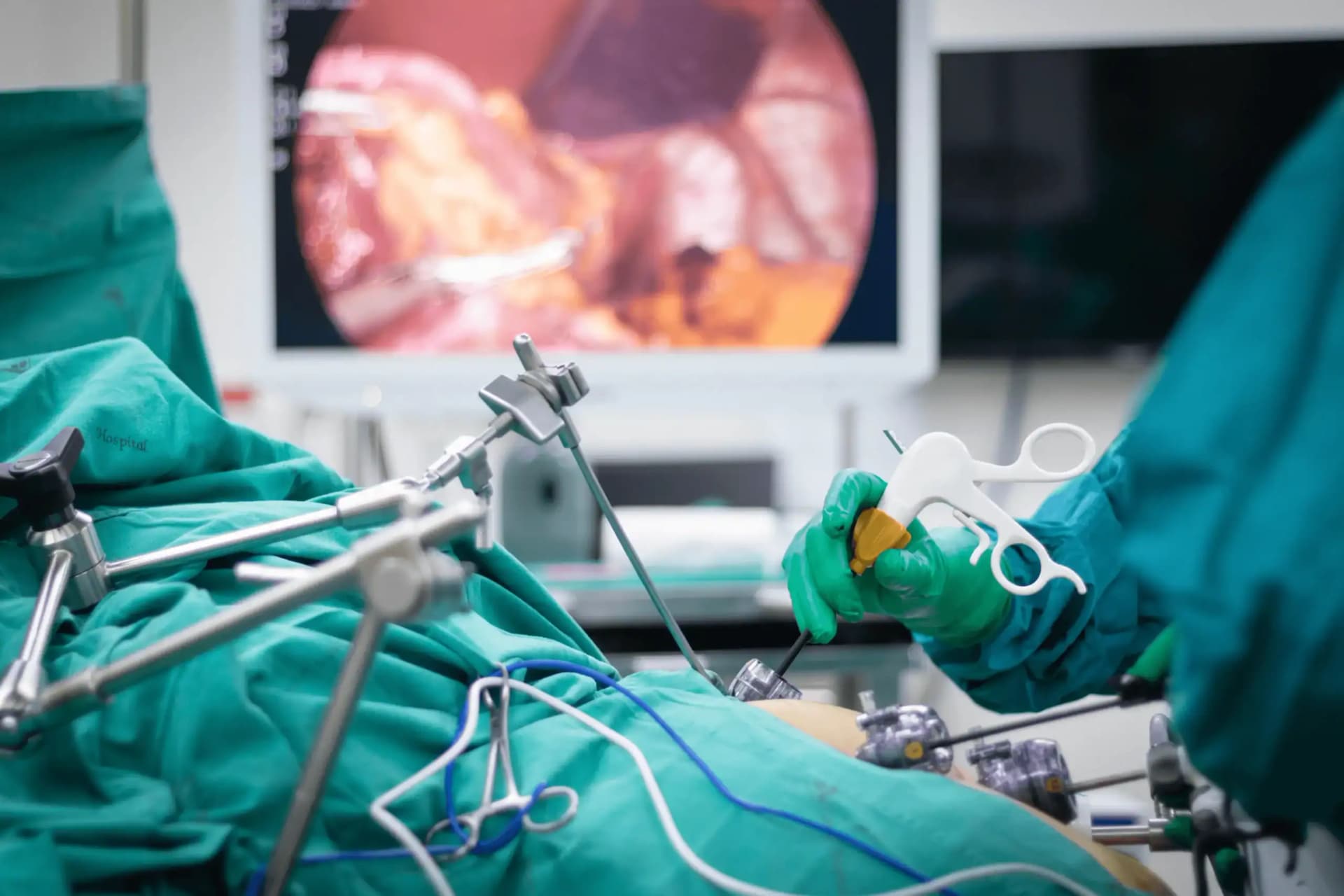
What is Laparoscopy?
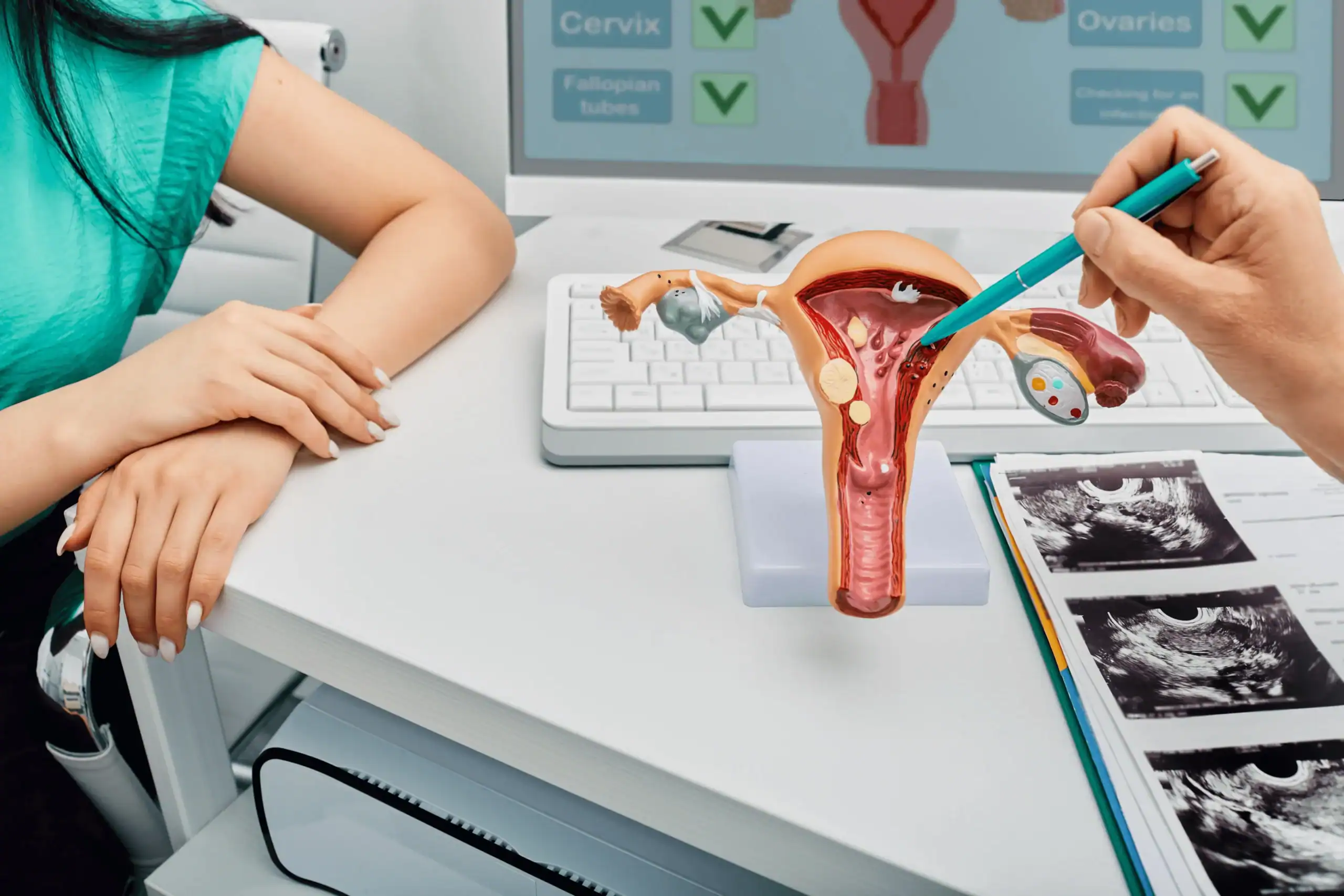
Laparoscopy is a surgical procedure that involves inserting a small, thin tube with a camera (laparoscope) into the abdomen through a tiny incision. This allows doctors to view the pelvic organs directly.
In fertility, laparoscopy plays a crucial role in diagnosing and treating conditions like endometriosis, fibroids, ovarian cysts, pelvic adhesions, and blocked fallopian tubes—issues that can hinder conception. It’s recommended when standard diagnostic methods such as ultrasound or blood tests are inconclusive or when surgical intervention is necessary.
Fertility treatment providers specialise in performing laparoscopic procedures to identify and resolve fertility-related issues, offering personalised care to optimise the chances of successful conception and healthy pregnancy.
When is Laparoscopy Recommended?
Laparoscopy is typically recommended for women with a history of endometriosis to diagnose and treat the condition, which involves abnormal tissue growth outside the uterus. It is also useful for assessing and managing scarring caused by pelvic inflammatory disease or prior pelvic surgeries.
In cases of uterine anomalies like dermoid cysts or fibroids, laparoscopy allows for precise removal or treatment, minimising surgical impact and promoting quicker recovery.
Furthermore, for women with blocked fallopian tubes, laparoscopy offers both diagnostic clarification and potential therapeutic options to improve fertility outcomes, all while reducing post-operative discomfort and recovery time compared to traditional open surgery.
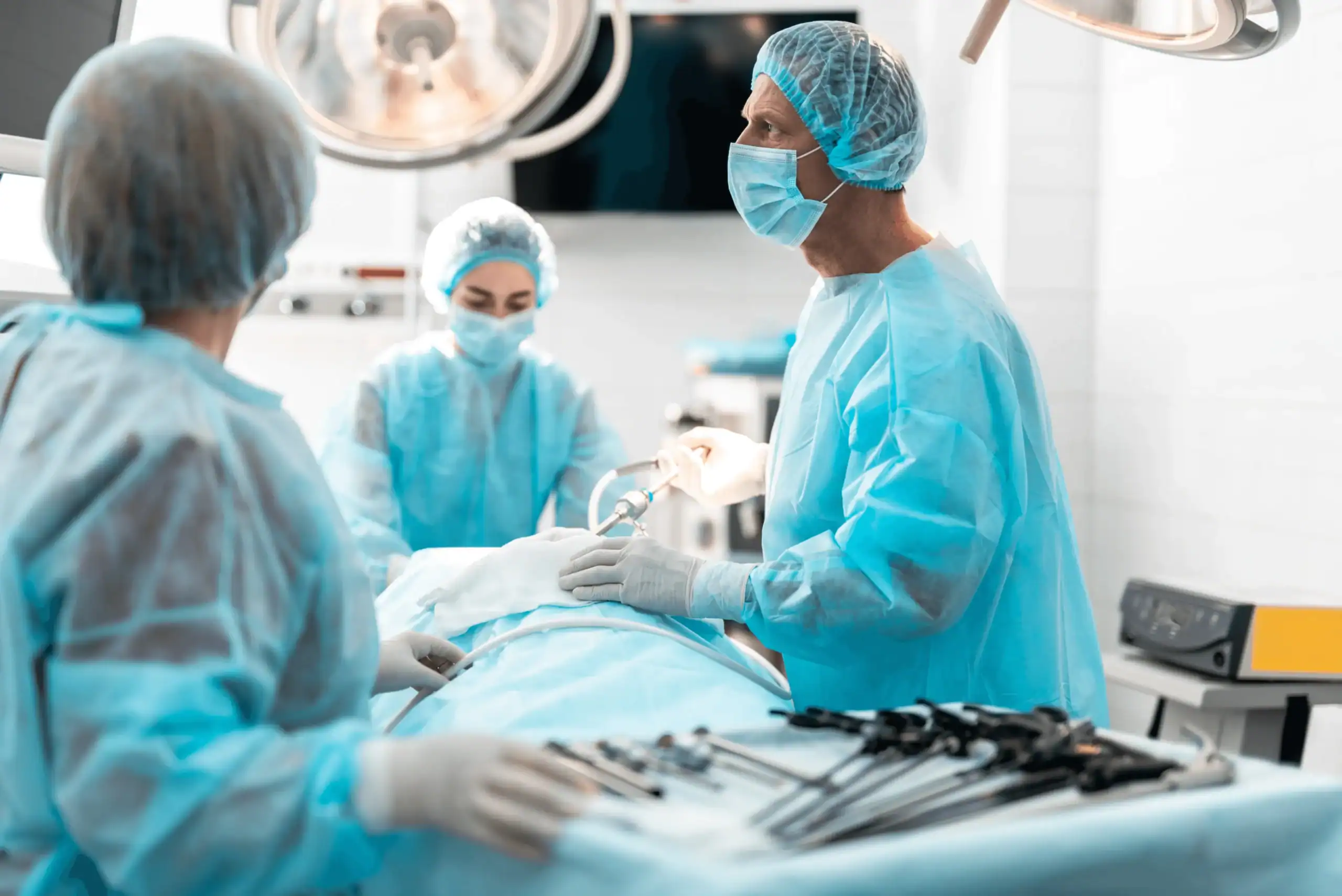
How is Laparoscopy Done?
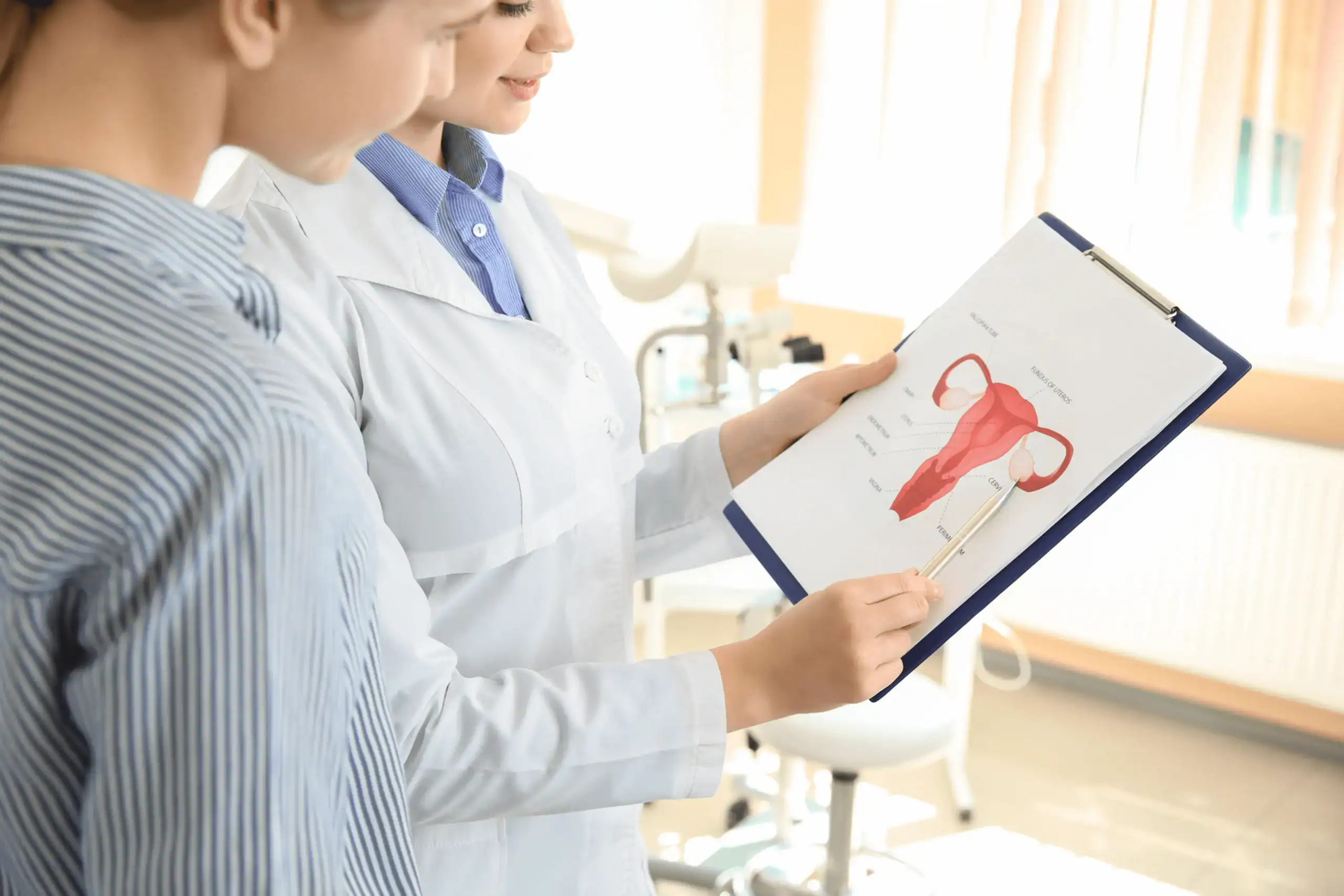
Laparoscopy involves using a laparoscope, a slender instrument equipped with a camera and light source, to visualise and perform surgical procedures within the abdomen and pelvis. Here’s a step-by-step overview of the procedure:
-
Anaesthesia: General anaesthesia ensures the patient remains unconscious and without pain throughout the surgical procedure.
-
Incision: A small incision, typically less than half an inch, is made near the belly button (umbilicus) to insert the laparoscope.
-
Carbon Dioxide (CO2) Insufflation: CO2 gas is pumped into the abdomen through the incision. This inflates the abdominal cavity, creating space for the surgeon to work and providing clearer visibility.
-
Visualisation: The laparoscope, connected to a monitor, transmits high-definition images of the abdominal organs. This guides the surgeon in diagnosing conditions or performing surgical tasks.
-
Additional Incisions: Depending on the procedure, additional small incisions may be made to insert surgical instruments. These instruments allow for the manipulation of organs or tissues, such as grasping, cutting, or suturing.
-
Procedure Completion: Once the surgical tasks are completed, the laparoscope and instruments are removed and the CO2 gas is released from the abdomen.
-
Closure: Incisions are closed with sutures or surgical tape. These small wounds typically heal quickly and leave minimal scarring.
Why Choose Us
Choosing the right fertility clinic is crucial for starting your family. At Birla Fertility & IVF, we offer personalised care with expert specialists guiding you every step of the way. Our advanced labs and outstanding success rates have helped over 2,30,000 patients achieve their dream of parenthood.
Things to Remember for Laparoscopy
Before the Treatment
- Medical History Review: Your doctor will review your medical history, medications, and allergies.
- Physical Examination: A thorough exam assesses your health and identifies risks.
- Lab Tests: Blood tests may be ordered to evaluate your health status.
- Pre-surgery Instructions: You'll receive specific guidelines on fasting and medication adjustments.
During the Treatment
- Laparoscopic Myomectomy: Surgical removal of uterine fibroids.
- Laparoscopic Endometrioma Removal: Excision of endometriotic cysts affecting the ovaries.
- Laparoscopic Pelvic Adhesiolysis: Separation of scar tissue within the pelvic cavity.
- Laparoscopic Hydrosalpinx Removal: Extraction of fluid-filled fallopian tube dilatations.
- Laparoscopic Dermoid Cyst Removal: Extraction of benign cysts containing hair or skin tissues.
After the Treatment
- Recovery Room: You're monitored until the anaesthesia wears off.
- Post-operative Symptoms: Instructions will be provided in case of post-op mild cramping, discomfort, or light bleeding.
- Discharge Instructions: Receive guidance on wound care, activity limits and medications.
- Follow-up: A follow-up appointment monitors recovery and discusses procedure results.
Recent Blogs
Book an appointment
Hassle-Free Appointment Booking
Select Preferences
I know my doctor
IVF Cost in Different Cities
- IVF Cost in Jalandhar
- IVF Cost in India
- IVF Cost in Siliguri
- IVF Cost in Perinthalmanna
- IVF Cost in Patna
- IVF Cost in Chennai
- IVF Cost in Vijayapura
- IVF Cost in Mumbai
- IVF Cost in Kolar
- IVF Cost in Bangalore
- IVF Cost in Thrissur
- IVF Cost in Salem
- IVF Cost in Palakkad
- IVF Cost in Mangalore
- IVF Cost in Kannur
- IVF Cost in Kozhikode
- IVF Cost in Bhopal
- IVF Cost in Indore
- IVF Cost in Hyderabad
- IVF Cost in Nagpur
- IVF Cost in Jaipur
- IVF Cost in Raipur
- IVF Cost in Guwahati
- IVF Cost in Chandigarh
- IVF Cost in Ranchi
- IVF Cost in Ahmedabad
- IVF Cost in Surat
- IVF Cost in Cuttack
- IVF Cost in Bhubaneswar
- IVF Cost in Howrah
- IVF Cost in Kolkata
- IVF Cost in Meerut
- IVF Cost in Allahabad
- IVF Cost in Noida
- IVF Cost in Gorakhpur
- IVF Cost in Varanasi
- IVF Cost in Lucknow
- IVF Cost in Rewari
- IVF Cost in Gurgaon
- IVF Cost in Delhi
IVF Treatment in Different Cities
- IVF Treatment in Jalandhar
- IVF Treatment in Siliguri
- IVF Treatment in Perinthalmanna
- IVF Treatment in Patna
- IVF Treatment in Chennai
- IVF Treatment in Vijayapura
- IVF Treatment in Delhi
- IVF Treatment in Kolar
- IVF Treatment in Thrissur
- IVF Treatment in Salem
- IVF Treatment in Palakkad
- IVF Treatment in Mangalore
- IVF Treatment in Kannur
- IVF Treatment in Kozhikode
- IVF Treatment in Bhopal
- IVF Treatment in Indore
- IVF Treatment in Hyderabad
- IVF Treatment in Nagpur
- IVF Treatment in Jaipur
- IVF Treatment in Raipur
- IVF Treatment in Guwahati
- IVF Treatment in Chandigarh
- IVF Treatment in Ranchi
- IVF Treatment in Ahmedabad
- IVF Treatment in Surat
- IVF Treatment in Cuttack
- IVF Treatment in Bhubaneswar
- IVF Treatment in Howrah
- IVF Treatment in Kolkata
- IVF Treatment in Meerut
- IVF Treatment in Prayagraj
- IVF Treatment in Noida
- IVF Treatment in Gorakhpur
- IVF Treatment in Varanasi
- IVF Treatment in Lucknow
- IVF Treatment in Rewari
- IVF Treatment in Gurgaon
- IVF Treatment in Bangalore
- IVF Treatment in Delhi
IVF Doctors in Different Cities
- IVF Doctors in Jalandhar
- IVF Doctors in Prayagraj
- IVF Doctors in India
- IVF Doctors in Perinthalmanna
- IVF Doctors in Thrissur
- IVF Doctors in Palakkad
- IVF Doctors in Kannur
- IVF Doctors in Kozhikode
- IVF Doctors in Ranchi
- IVF Doctors in Patna
- IVF Doctors in Varanasi
- IVF Doctors in Gorakhpur
- IVF Doctors in Meerut
- IVF Doctors in Allahabad
- IVF Doctors in Kolar
- IVF Doctors in Salem
- IVF Doctors in Vijayapura
- IVF Doctors in Nagpur
- IVF Doctors in Raipur
- IVF Doctors in Jaipur
- IVF Doctors in Guwahati
- IVF Doctors in Siliguri
- IVF Doctors in Howrah
- IVF Doctors in Indore
- IVF Doctors in Bhopal
- IVF Doctors in Bhubaneswar
- IVF Doctors in Cuttack
- IVF Doctors in Surat
- IVF Doctors in Ahmedabad
- IVF Doctors in Mangalore
- IVF Doctors in Chandigarh
- IVF Doctors in Hyderabad
- IVF Doctors in Lucknow
- IVF Doctors in Bangalore
- IVF Doctors in Chennai
- IVF Doctors in Mumbai
- IVF Doctors in Kolkata
- IVF Doctors in Noida
- IVF Doctors in Gurgaon
- IVF Doctors in Delhi

 Our Centers
Our Centers
















